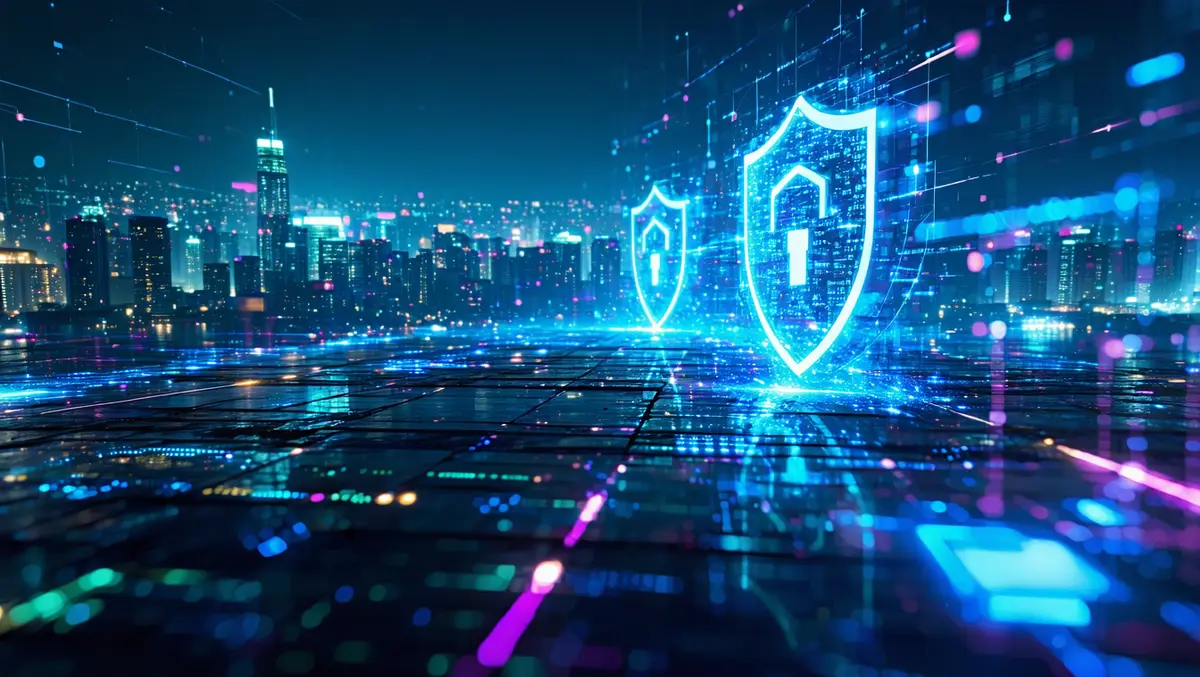
AI's dual role in reshaping cybersecurity strategies 2024
The cybersecurity industry continues to evolve with artificial intelligence (AI) as a significant factor influencing both threats and defences.
Qasim Bhatti, CEO of Meta1st, highlights AI's transformative impact on cybersecurity throughout 2024, noting its dual use in facilitating and combating sophisticated attacks. "Threat actors leveraged AI to automate and refine their strategies, enabling more sophisticated attacks, such as AI-driven phishing campaigns, adaptive malware, and the use of deepfake technology," said Bhatti. "These advancements have not only increased the scale of threats but have also challenged defenders to innovate rapidly to keep pace."
AI has now become integral to defensive measures within the industry, emphasising the critical need for ongoing innovation to maintain robust cybersecurity. This development underscores the necessity for organisations to preempt and counter evolving tactics from adversaries.
Looking ahead to 2025, Bhatti anticipates further maturation of AI technologies, subsequently intensifying both cyber threats and security measures. Organisations are expected to adopt increasingly sophisticated solutions to protect their digital assets.
State-sponsored cyber activities are also projected to increase, focusing on critical infrastructure and sensitive data, which may escalate geopolitical tensions and necessitate enhanced international collaboration on cybersecurity policies. Furthermore, the practical application of quantum computing is anticipated to disrupt current industry standards, with Bhatti advising organisations to prepare by employing quantum-resistant cryptographic solutions for data security.
"Cybersecurity strategies are evolving rapidly," Bhatti explained. "Zero-trust architecture, AI-enhanced threat detection, and a growing focus on regulatory compliance will define how organisations build resilience against sophisticated attacks. At the same time, traditional models like perimeter-based security and manual threat response processes will become obsolete, replaced by more dynamic, automated approaches."
Bhatti also foresees a convergence between cybersecurity and physical security due to the increasing presence of IoT devices and smart infrastructure. This trend arises from the interconnected nature of these systems, necessitating an integrated approach to security. "The interconnected nature of these systems demands an integrated approach, and this will be a game-changer in how organisations think about security," he said.
Sustainability is predicted to play a transformative role in the cybersecurity sector, with a focus on environmentally friendly practices such as energy-efficient data centres and green computing. "Sustainability is becoming a core focus, not just as a corporate value but as an operational necessity," Bhatti remarked.
Reflecting on the past year, Bhatti emphasised that AI has fundamentally reshaped the cybersecurity landscape, acting as both an asset for defenders and a tool for adversaries. The upcoming year presents new challenges and opportunities as the industry adapts to technological advancements, regulatory changes, and the heightened importance of sustainability.


